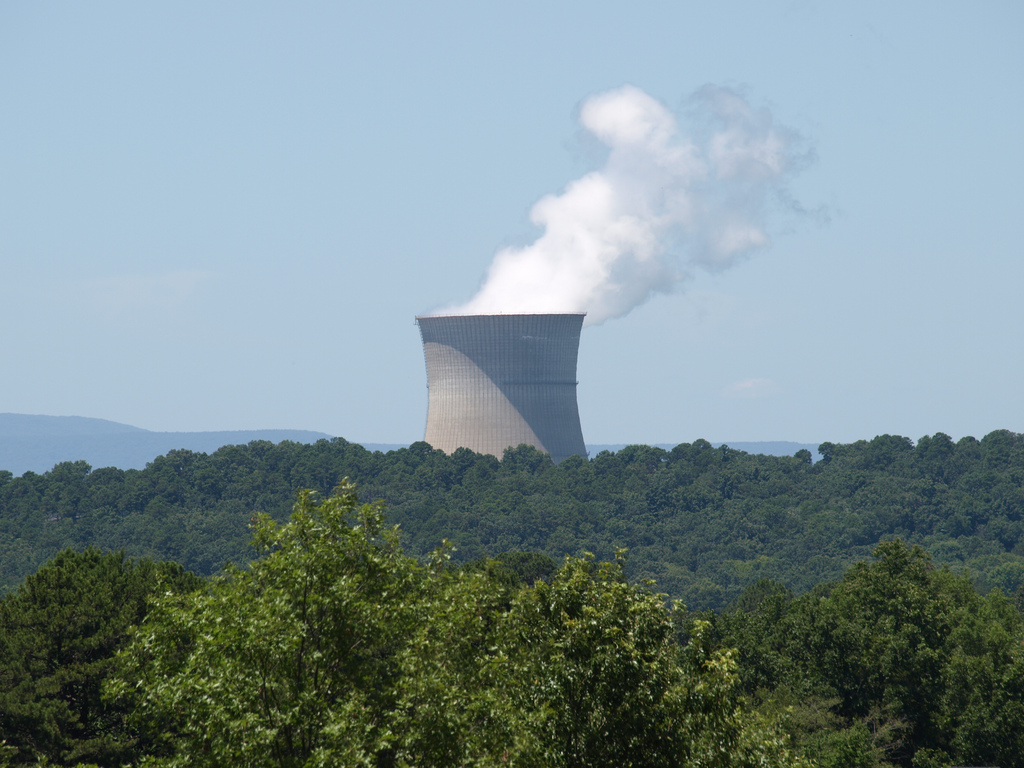Dearest readers,
Not all of your questions are as manageable to navigate as selecting local versus organic apples or how to recycle your light bulbs/baby food jars/yogurt containers/cell phones. Some are downright difficult, controversial, and ambiguous, which is frankly all the more reason to dive into these quandaries. One such pickle: nuclear energy. It’s recently found a revival in the headlines via the Obama administration’s proposal to triple nuclear power loan guarantees in 2011 and Bill Gates touting high tech nuclear reactors at the TED Conference, which led me to the Ask Umbra archives to dig up some pieces of wisdom I’d doled out on the subject in the past along with some new takes.
- Nuke you lure.
If you acknowledge that climate change is indeed the most important problem facing the planet, then you can’t just take nuclear out of the running as a viable alternative energy source, as gross and evil as that may feel. That said, I believe that once you do take a closer look at nuclear, here’s what you see: In addition to nuclear waste remaining an unsolved problem, plant meltdowns themselves being environmentally disastrous, and the possibility of nuclear material being used to nefarious and horrifying ends, nuclear power continues to not be cost-effective. Get the full Ask Umbra answer. - The lesser of two evils?
When it comes to the question, “Which is better — nuclear or coal?”, the answer really just is “neither.” It’s a false dichotomy that lends legitimacy to a false scenario in which we as a region, country, or world are forced to chose coal or nukes and have no access to developing other energy sources. It is a worst-case, stuck-in-the-corner, fake match-up. On a daily individual level, most people have little choice as to which power source we support with our monthly electric bill. If we do have choices, we should first buy renewable energy or even hydroelectric power. (Find out if you have alternative choices by searching EERE’s Green Power map.) Nuclear and coal are not our only two options; let’s not pretend that they are. Get the full Ask Umbra answer. - Thorium — yum!
Thorium — a naturally occurring radioactive metal that is three to four times more abundant than uranium — is, to some, the great white-hot hope for future nuclear-power production. The waste it produces is harder to weaponize (possible, but tricky) and remains radioactive for 500 years instead of 10,000. In general, thorium’s good points seem to outweigh the bad. But thorium is a long way from being widely implementable and should not be used as an excuse for rushing to build new plants. What about abundant resources like sun and wind? Why risk even 500 years of radioactivity when we can invest in alternatives that are truly safe and clean? Get the full Ask Umbra answer.
Radioactively,
Umbra


